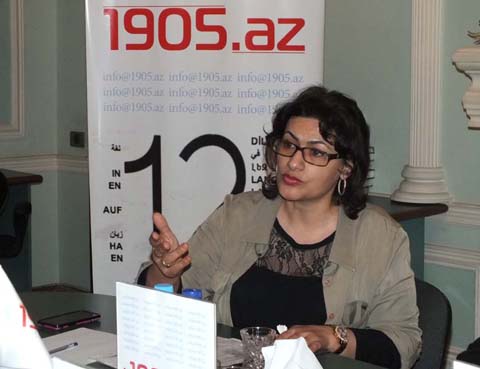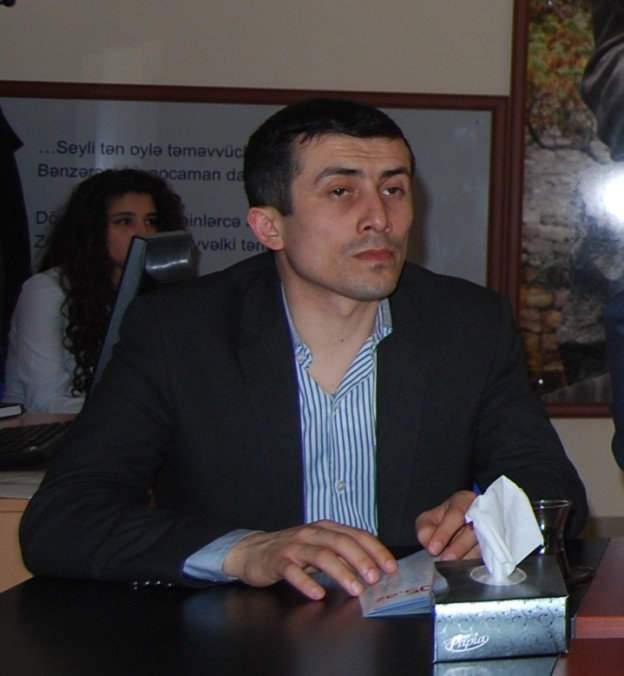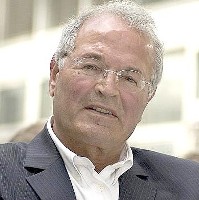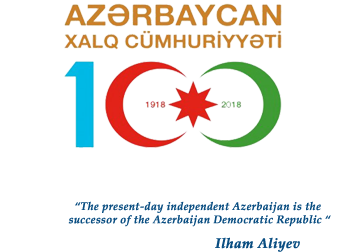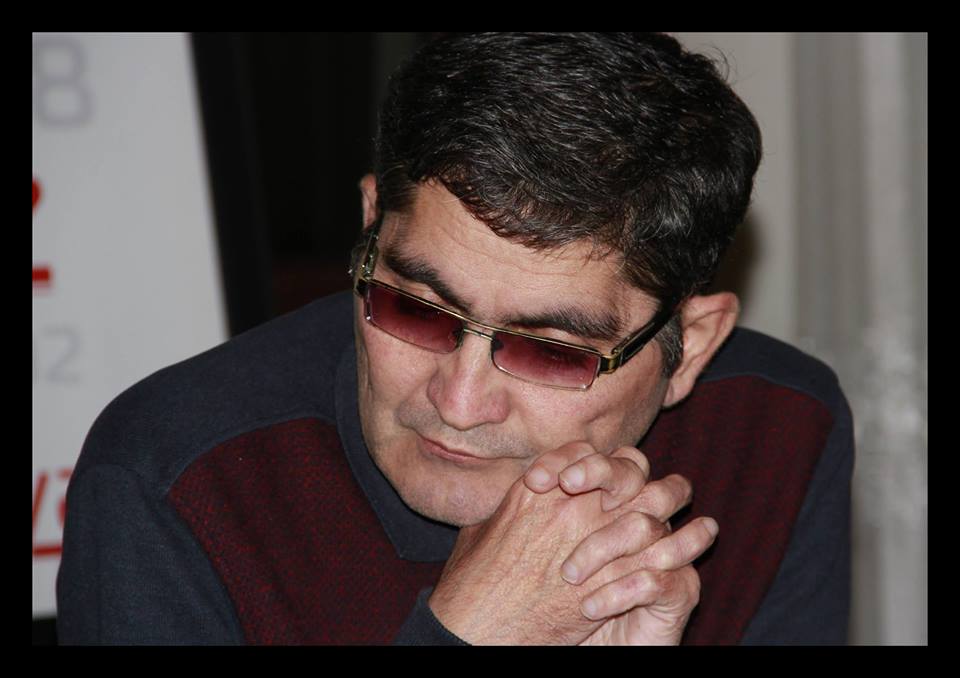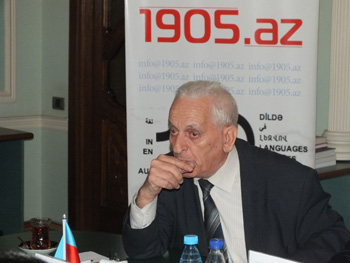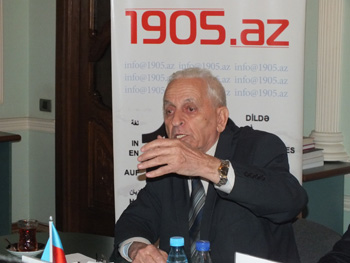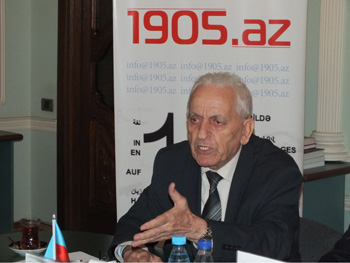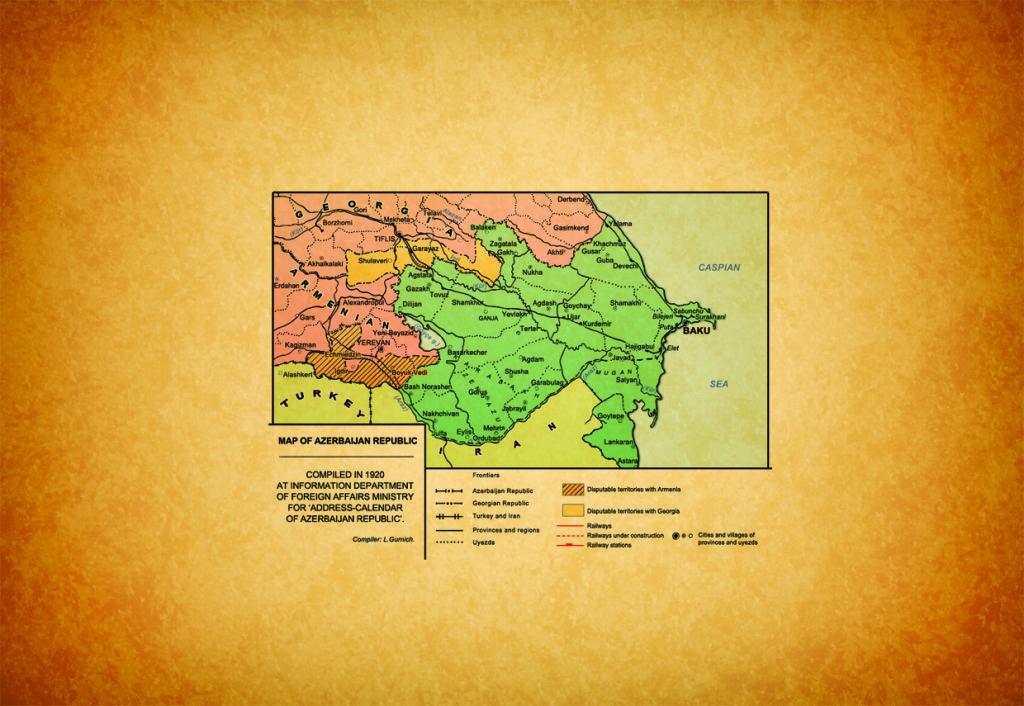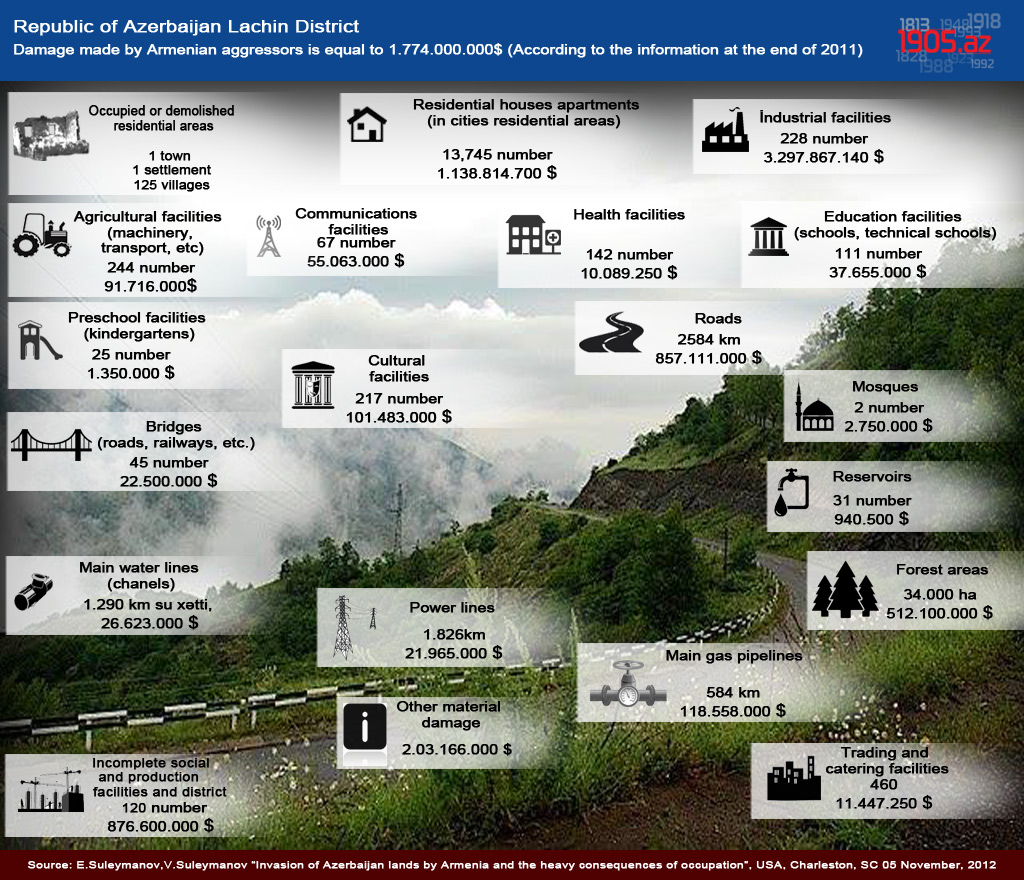
Armenia’s foreign minister, with his lies, tries to justify his country’s foreign policy for internal audience in the pre-election period, Hikmat Hajiyev, spokesman for Azerbaijan’s Foreign Ministry said in response toAPA’s inquiry.
He noted that the ways and principles of settlement of the Armenia-Azerbaijan Nagorno-Karabakh conflict are no secret to anyone; the conflict should be resolved within the territorial integrity and sovereignty of Azerbaijan and on the basis of the UN Security Council resolutions and the Helsinki Final Act.
In order to evade from the responsibility for military aggression and ethnic cleansing against Azerbaijan, Armenia abuses and distorts the principle of people’s right to self-determination, Hajiyev stressed.
“This claim by the Armenian foreign minister has nothing to do with people’s right to self-determination prescribed in the UN Charter, the 1975 Helsinki Final Act of the Organization of Security and Cooperation in Europe (later OSCE) and other international documents,” he said.
The spokesman underlined that there is no basis for the application of the principle of self-determination in relation to cases of gross violation of international law, including mandatory rules that prohibit the threat or use of force against the sovereignty and territorial integrity of states.
“Paragraph 8 of the Helsinki Final Act has determined the principle of self-determination in accordance with the UN Charter, the norms and principles of international law, particularly with territorial integrity. It would be more beneficial for Armenia to participate more seriously and responsibly in substantive and logical negotiations on the settlement of the conflict rather than engage in such unnecessary propaganda,” Hajiyev added.
The Nagorno-Karabakh conflict entered its modern phase when the Armenian SRR made territorial claims against the Azerbaijani SSR in 1988.
A fierce war broke out between Azerbaijan and Armenia over the Nagorno-Karabakh region of Azerbaijan. As a result of the war, Armenian armed forces occupied some 20 percent of Azerbaijani territory which includes Nagorno-Karabakh and seven adjacent districts (Lachin, Kalbajar, Aghdam, Fuzuli, Jabrayil, Gubadli and Zangilan), and over a million Azerbaijanis became refugees and internally displaced people.
The military operations finally came to an end when Azerbaijan and Armenia signed a ceasefire agreement in Bishkek in 1994.
Dealing with the settlement of the Nagorno-Karabakh conflict is the OSCEMinsk Group, which was created after the meeting of the CSCE (OSCE after the Budapest summit held in December 1994) Ministerial Council in Helsinki on 24 March 1992. The Group’s members include Azerbaijan, Armenia, Russia, the United States, France, Italy, Germany, Turkey, Belarus, Finland and Sweden.
Besides, the OSCE Minsk Group has a co-chairmanship institution, comprised of Russian, the US and French co-chairs, which began operating in 1996.
Resolutions 822, 853, 874 and 884 of the UN Security Council, which were passed in short intervals in 1993, and other resolutions adopted by the UN General Assembly, PACE, OSCE, OIC, and other organizations require Armenia to unconditionally withdraw its troops from Nagorno-Karabakh.

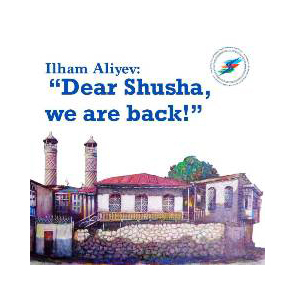

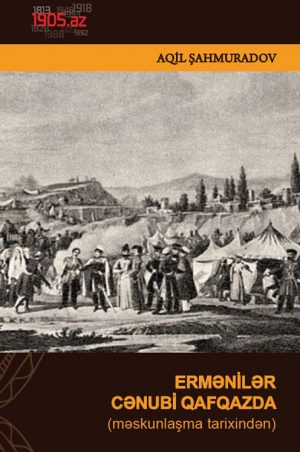








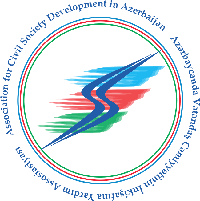
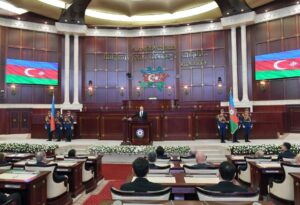 Inauguration ceremony of President of Azerbaijan Ilham Aliyev was held
Inauguration ceremony of President of Azerbaijan Ilham Aliyev was held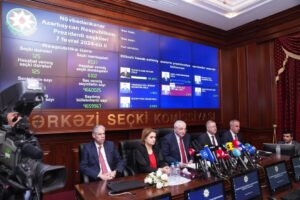 Ilham Aliyev wins presidential election with 92.05 percent of votes VIDEO
Ilham Aliyev wins presidential election with 92.05 percent of votes VIDEO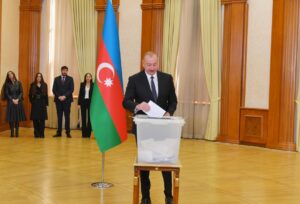 President Ilham Aliyev, First Lady Mehriban Aliyeva and family members voted in Khankendi VIDEO
President Ilham Aliyev, First Lady Mehriban Aliyeva and family members voted in Khankendi VIDEO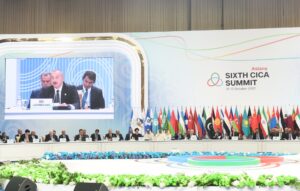 Plenary session of 6th Summit of Conference on Interaction and Confidence Building Measures in Asia gets underway in Astana. President Ilham Aliyev attends the plenary session VIDEO
Plenary session of 6th Summit of Conference on Interaction and Confidence Building Measures in Asia gets underway in Astana. President Ilham Aliyev attends the plenary session VIDEO President Ilham Aliyev was interviewed by Azerbaijani TV channels in Prague VIDEO
President Ilham Aliyev was interviewed by Azerbaijani TV channels in Prague VIDEO



